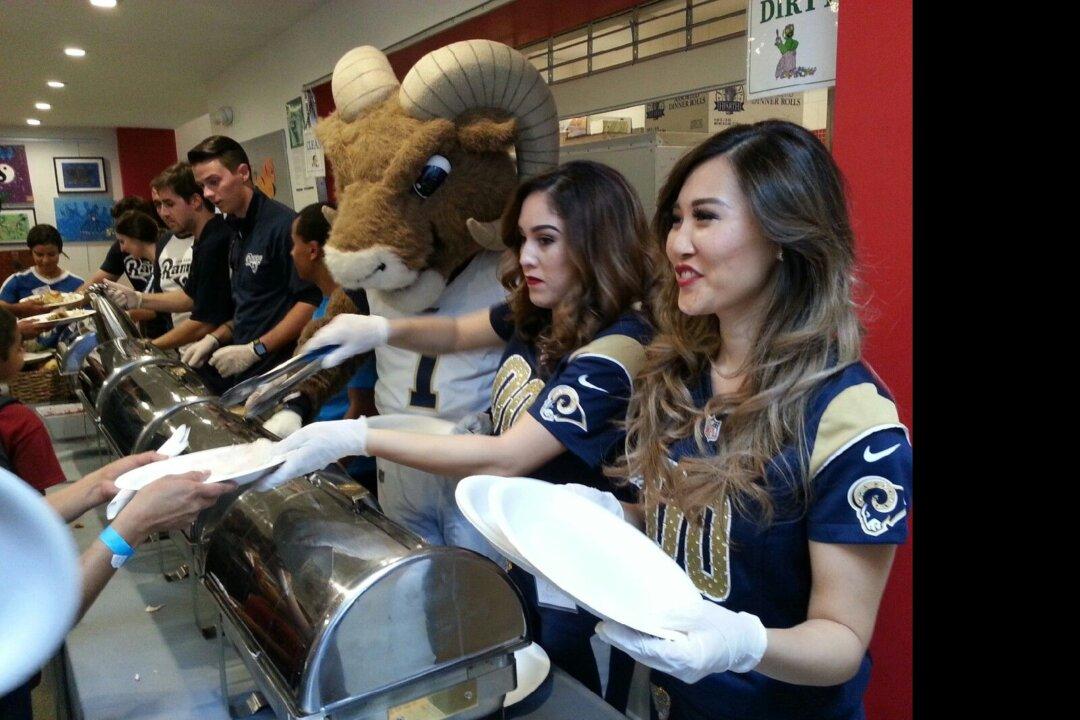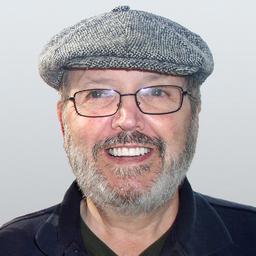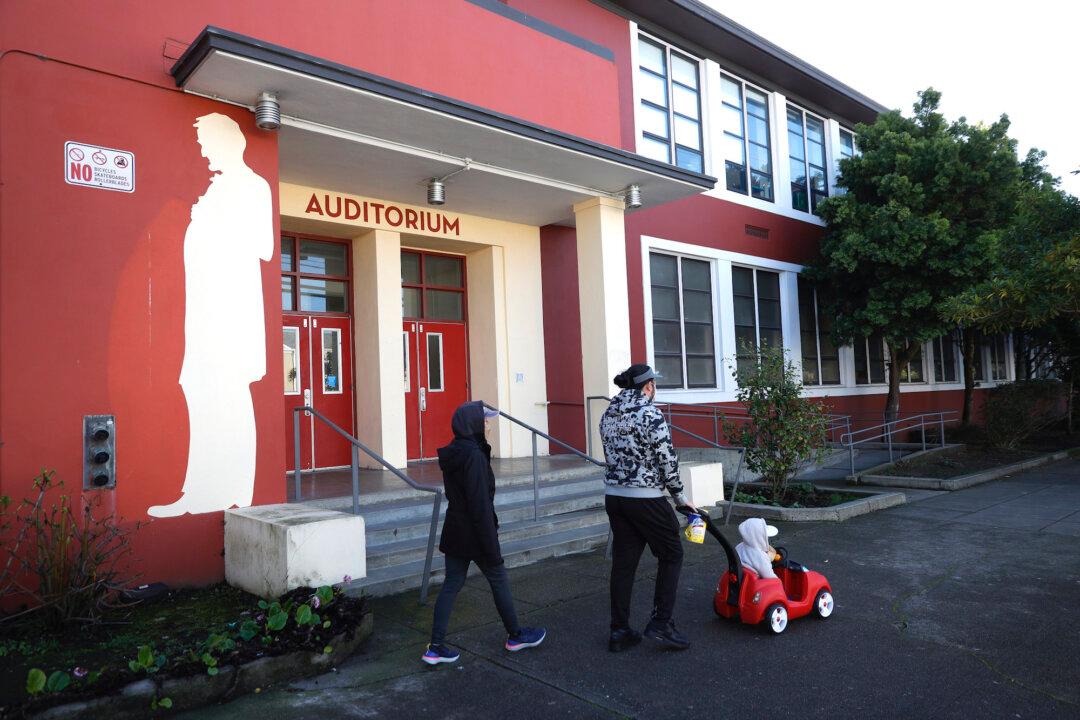What could ring more fuzzy-feely this seasonal stretch of year than A Place Called Home? Sounding like a place to mosey on in for a spell and hang your hat, A Place Called Home serves as an oasis, a hearth pulsating in the mean, decayed streets of South Los Angeles. This nondescript structure with attractive signage provides a glimmer of what’s inside: A safe, nurturing environment for community residents, whose annual family income hovers around $28,000, with programs in arts, education, and wellness.
Maria Sosyan, A Place Called Home’s communications director, paints a picture that something magical must be happening inside.





